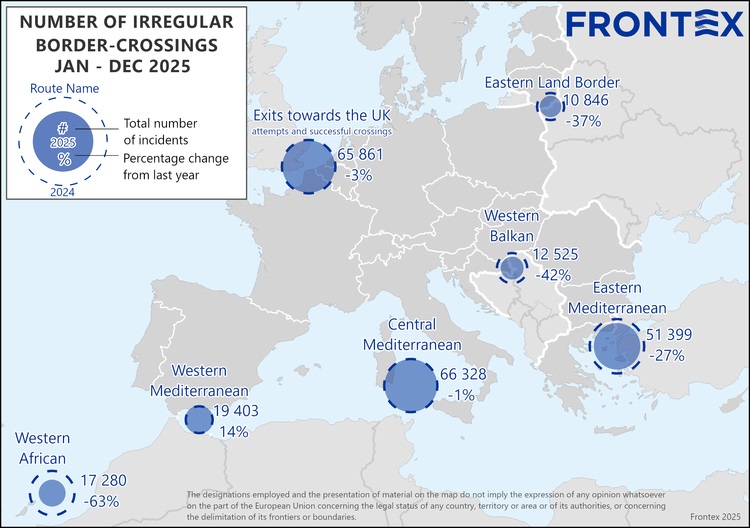Insurance is consolidating – but specialisation must not be lost


 By Rob Schumacher is Co-Founder and CEO at Feather
By Rob Schumacher is Co-Founder and CEO at Feather
Insurance began as a collective safeguard – an ancient pact among Babylonian merchants to share risk. But from the Bottomry contracts to the rise of ‘you’ insurance in the 1990s, insurance has evolved into a tailored system of personalised protection.
In the last two decades, the industry has seen a proliferation of niche providers offering everything from on-demand travel cover for digital nomads to bespoke health plans for freelancers. While the top ten insurers still command over 60% of market share in nearly every European country, the landscape has significantly diversified, with more than 3,800 domestic insurers emerging.
But the pendulum is swinging again. A combination of regulatory burdens, expanding operational costs, and ever-increasing customer expectations has placed immense pressure on these small providers. While their agility and personalised offerings once gave them an edge, they often lack the robust infrastructure and deep operational resilience that define larger, established insurers.
After a time of specialisation, the industry is turning away from an environment of fragmentation. With 16 deals in April alone – well above the long-term monthly average – consolidation is headed for Europe’s insurance industry.
But unlike past waves of M&A, this time the winners won’t simply be the biggest players. They’ll be the ones who can scale without losing the depth of understanding, flexibility, and human-centric thinking that defined the niche players in the first place.
Consumers want speed with a human touch
Consumers expect simple, digital-first experiences for insurance – this means fast claims, easy-to-use platforms, and 24/7 access, just like they get from other modern services. Uber, Amazon and PayPal revolutionised seamless, instantaneous interactions within transport, delivery and finance, and reset expectations across industries. Consumers expect the same offering from their Insurance providers.
But a human touch is still vital. We’re operating in an industry that intersects deeply with life’s most stressful moments – whether it’s a health scare or a lost trip, claims are inherently emotional, and policy holders aren’t just evaluating what they pay, but how people are treated and what they’re covered for when they need support the most. Consumers want an insurer who sees their unique situation and offers a solution that matches this. If they don’t, they will go elsewhere.
This growing demand for seamless, personalised service is even more critical in today’s economic climate. As cost-of-living pressures mount and wage growth stagnates, consumers are scrutinising every expense – including insurance. A 2024 survey by the Financial Conduct Authority revealed that 22% of UK adults cancelled at least one insurance policy to save money. But it’s not just about price – it’s about reliability; people want to feel understood. Advances in AI and data analytics are raising the bar for personalisation, and insurers that can’t meet these expectations risk losing relevance – and customers.
In short: today’s customers want digital simplicity, human-centric service and value for money– and a partner they can trust.
But meeting these expectations requires significant investment in digital infrastructure, compliance systems, and customer support – costs that are increasingly difficult to bear for small providers on their own.
Fragmentation is fading – but specialisation still matters
Niche insurers have brought valuable innovation to the industry, offering flexible, customer-centric models that better reflect today’s needs. However, their narrow focus has led to a fragmented market – each solves a specific problem well, but cannot often meet evolving customer expectations over time.
In contrast, scale brings clear advantages. Larger insurers can spread fixed costs – such as technology, logistics, and compliance – across more customers. This enables greater investment in innovation and service without driving up costs.
For smaller firms, those same fixed costs can be a barrier. A standout product isn’t enough; delivering consistent, high-quality service requires infrastructure that’s hard to sustain at a small scale.
As consumer expectations continue to grow, fragmentation becomes a liability. Without scalable operations, niche players risk falling behind. In this context, scale isn’t just helpful – it’s essential for long-term success and differentiation.
Big players must think small to win big
For big players in the industry, reliability isn’t just a value but a core competency, built over decades through scale, capital strength, and regulatory experience. But their scale often forgoes the spirit of specialisation and therefore diminishes personalisation capabilities.
As consolidation redefines the industry, the larger players must do more than acquire smaller ones – they need to absorb their nimble mindsets. The value of niche providers isn’t just in their digital roots or product development, but in their relentless focus on the customer. This must not be lost in the quest for scale. If anything, it must become central to how insurance companies of the future operate.
For larger players, this means building systems and cultures that prioritise continuous customer feedback, embedding cross-functional teams that can act on those insights quickly, and designing products and services with empathy from the outset. It’s not enough to measure satisfaction – insurers must develop real mechanisms to learn from their customers, translate that learning into action, and ensure that the solutions delivered don’t overlook the very people they’re meant to serve.
This is not a return to the past, nor a rejection of innovation. The path forward lies in combining the best of both worlds: the innovation of niche players with the reach and resilience of large insurers. This is the next evolution – a rebalancing act where size meets sensitivity, and where insurance fulfils its most fundamental promise: to protect people.
Rob Schumacher is Co-Founder and CEO at Feather
The post Insurance is consolidating – but specialisation must not be lost appeared first on European Business & Finance Magazine.
















































